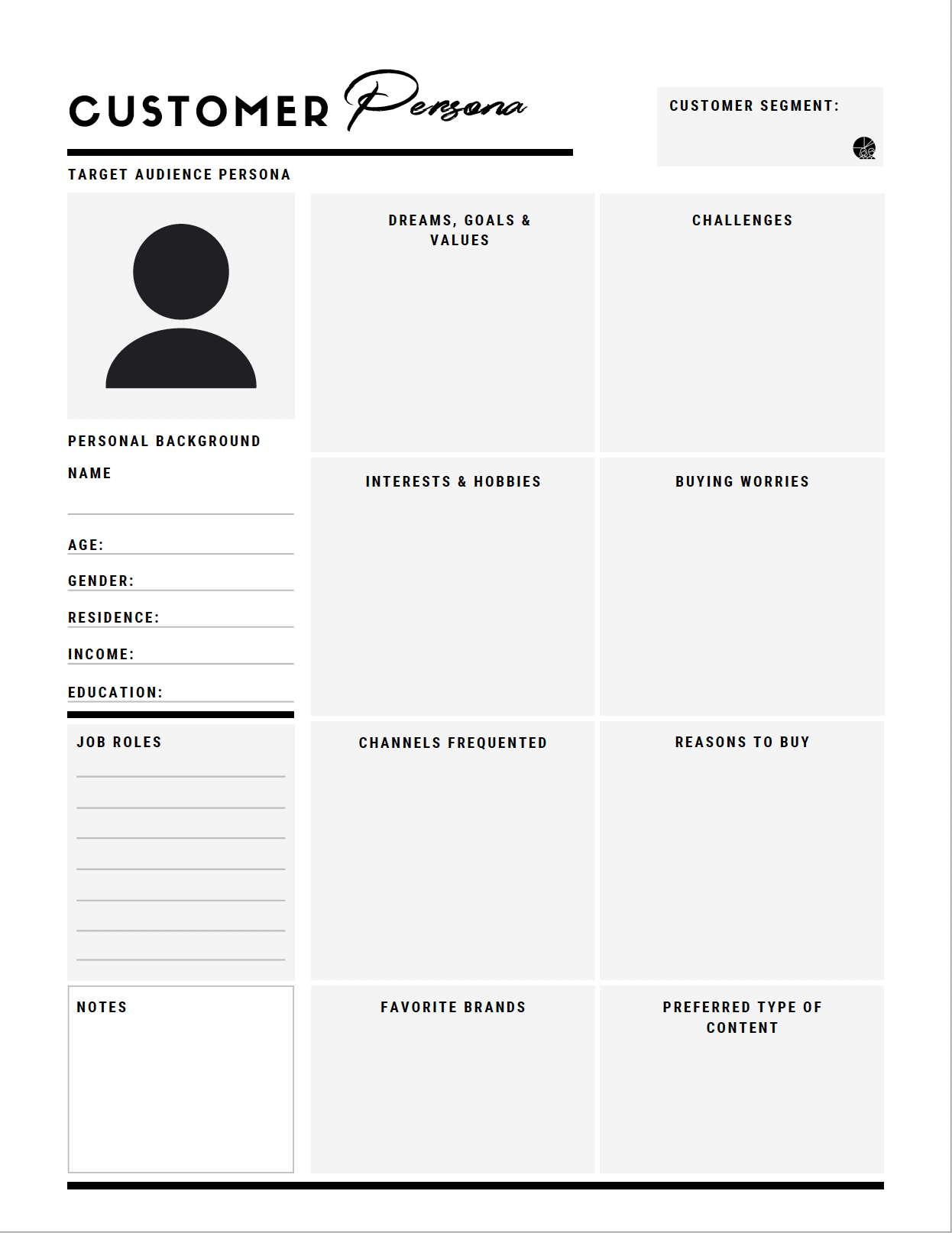How Do You Define Your Target Market?
A majority of business owners start selling their product and creating marketing campaigns centered around a broad appeal to all consumers. While this may work for some businesses, we’ve found that most businesses can benefit from getting detailed in identifying who their target consumer(s) is/are.
The most important aspect of developing your target consumer(s) is finding out who is behind the phone, computer, etc and purchasing your product.
Get Detailed
It’s easy to think that everyone fits as your target consumer(s), but unfortunately, this isn’t the case. In the short term, identifying the demographic map of your target consumer can be a huge asset towards your growth, as it helps you create campaigns around a certain “segment” of your customers. When you can get detailed with your marketing campaigns, it gives you the freedom to offer certain upsells/discounts tailored towards exactly what that segment would benefit from.
Find Problems
When you’re developing your target consumer(s), one of the most beneficial things you can do is to find the problems that they are facing that your product fixes. While most businesses can easily identify the problems a client might have, sometimes it’s difficult to create a value proposition focused around this problem they’re facing.
Don’t Skip the “Minor” Details
When analyzing and building your customer profile, it’s important to get detailed with the demographic profile you create for them.
Instead of identifying generalized details and information such as: “My target customer is young” or “My target customer is someone who buys x”, you should work on identifying weirdly small details.
Here’s an example of a target customer we created for a client:
Name: Jim
Age: 35
Gender: Male
Residence: Edmond, Oklahoma
Education: Master’s Degree
Occupation: Accountant
Dreams, Goals & Values: Jim values work-life balance with the exception of supporting his family. Jim will work as hard as he needs to provide the best life for his family, which might include him working late most nights. Jim dreams of creating his own business one day.
Challenges: While Jim dreams of creating his own business one day and having the flexibility of a small business owner, he doesn't know where to start or how to begin legally.
Interests & Hobbies: Jim really enjoys playing golf on the weekends and spending time with his family, whether it’s eating out or grilling at home, food is a big family tradition in his household.
Buying Worries: Jim is worried to invest in creating a business because he isn’t for sure if it’s a fleeting vision or if he actually would be able to be successful



